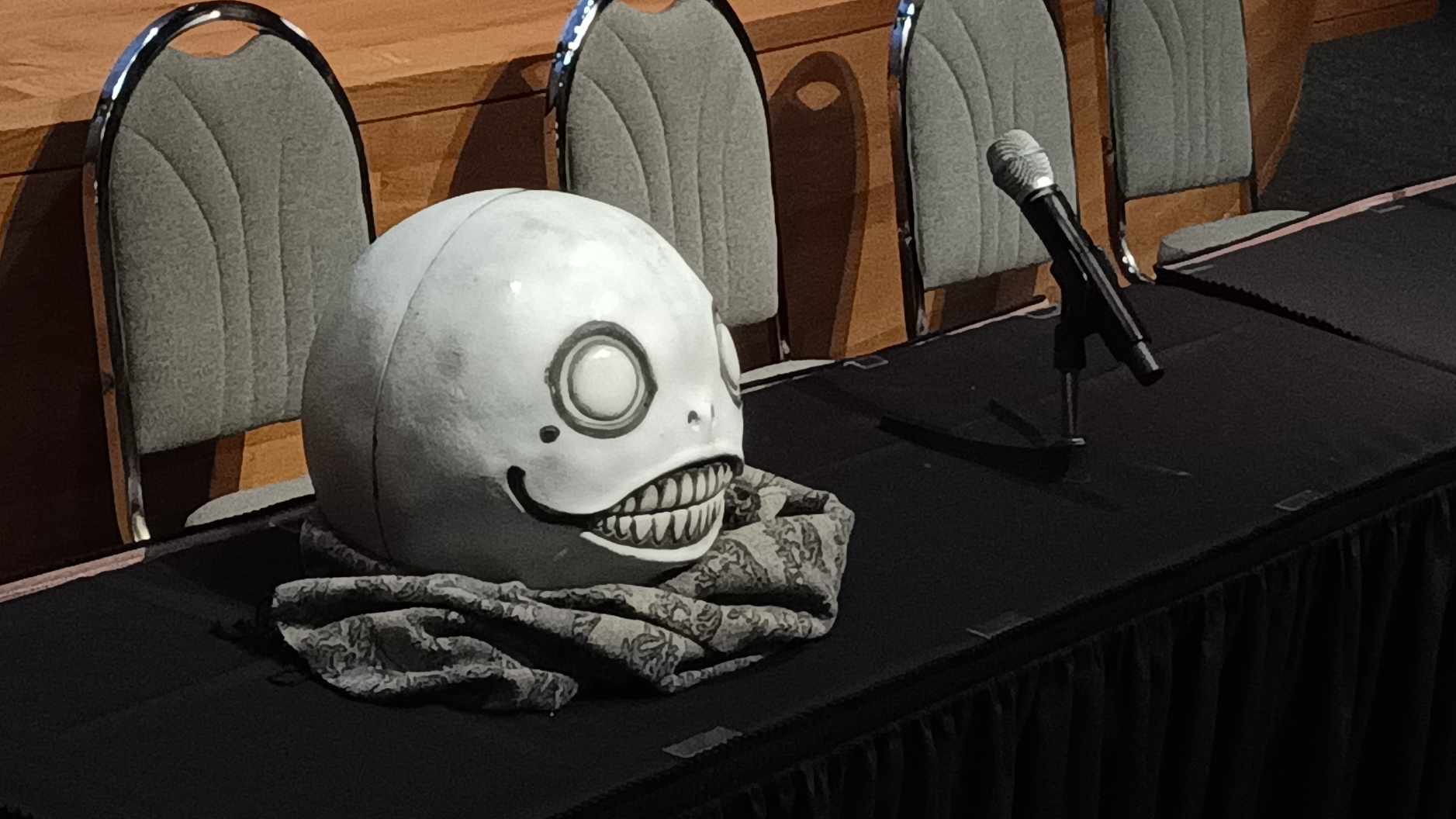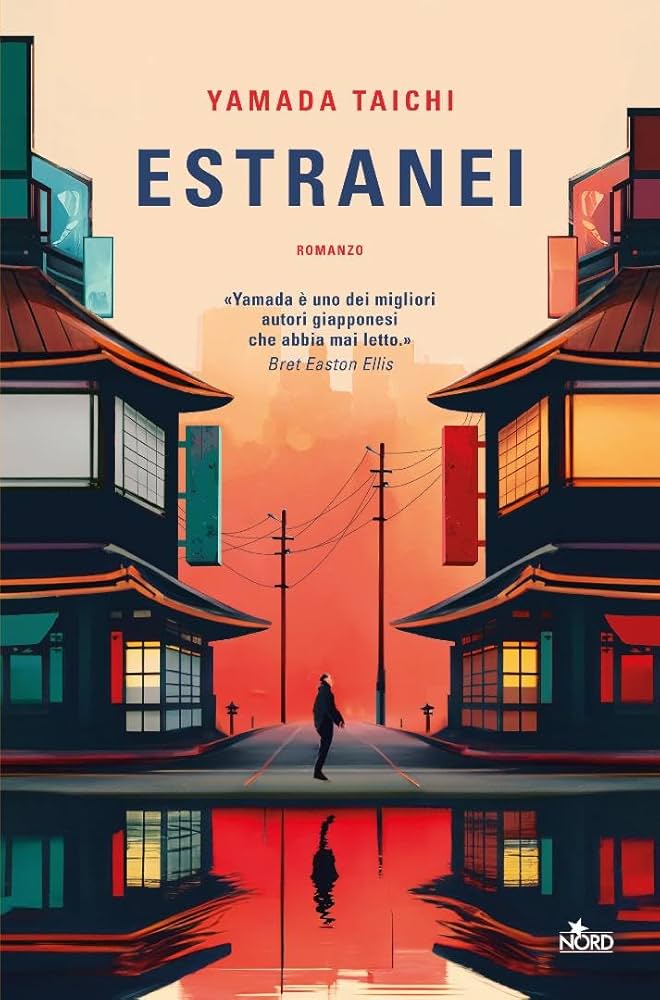Studying Japanese pop culture requires us to consider its expansion and diffusion within, without and in-between Japan as a nation-state and as a media landscape. Sometimes literally, as research fellow Luca Paolo Bruno did traveling to Buffalo, NY, to attend the Replaying Japan 2024 conference. Replaying Japan is a series of academic conferences organized under the auspices of the Ritsumeikan Center for Game Studies (RCGS) of Ritsumeikan University in Kyōto, Japan, since 2012, and focused on the study of Japanese Games. Several other institutions around the world have also partnered with the RCGS over the years, including the University of Alberta in Edmonton, Canada and its latest venue, the University at Buffalo, within the State University of New York system. Each year, the conference strives to host influential figures from industry and academia as its keynote speakers, with past guests including influential figures like Uemura Masayuki, Nishikado Tomohiro (Space Invaders), Iwata Toru (Pac-Man), Endo Masanobu (Xevious), Sakaguchi Hironobu (The Final Fantasy Franchise), Thomas J. Kalinske (former SEGA America), and Hamamura Hirokazu (Famitsu Group), as well as Matsuura Masaya (PaRappa the Rapper) and Kawakatsu Toru (Gnosia).
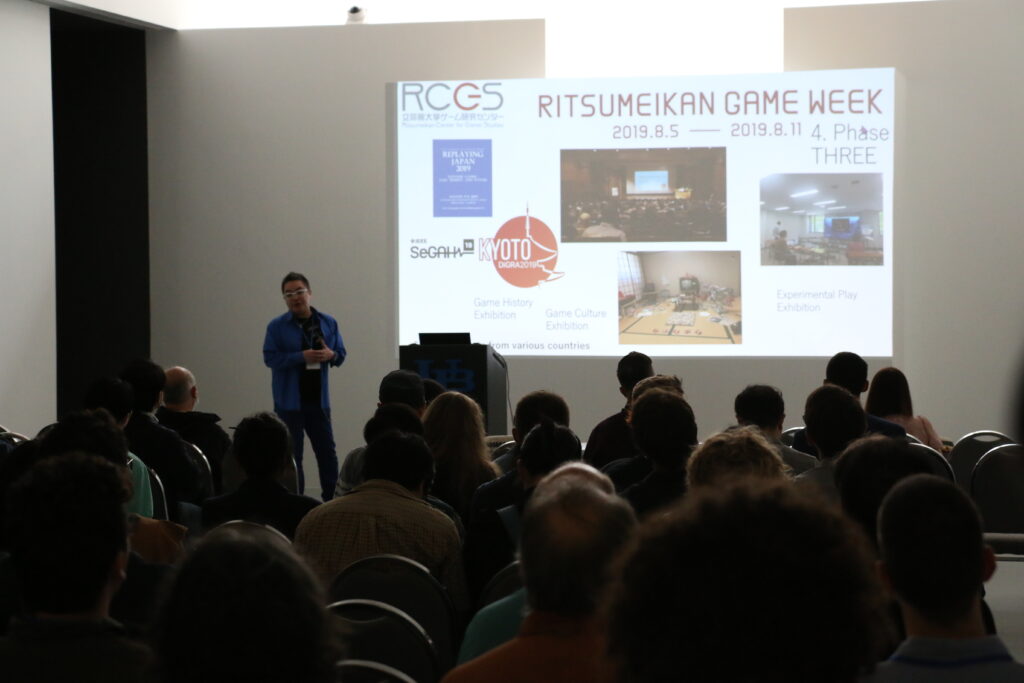
Photo: (c) Dave Pape, PhD
This year’s theme was particularly interesting as it concerned “Preservation, Innovation and New Directions in Japanese Game Studies”, with keynote speaker John Paul Dyson, director at the Strong National Museum of Play in Rochester, NY, and Yoko Taro, game director at Square Enix, whose portfolio includes worldwide successful games such as the critically acclaimed Neir: Automata. John Paul Dyson’s keynote, entitled “From Hina Dolls to Video Games: Thoughts on America’s Long Engagement with Japan through Play,” produced an exploration of how intercultural engagements may begin, and be sustained through the act of play: playful interactions with Japanese artifacts, Japanese culture, Japanese games. Yoko Taro’s keynote, “World Building in an AI-Integrated Society from the Perspective of Japanese Game Creators,” delved into the interactions between his creative process and AI, well in advance of its daily adoption within our daily lives.
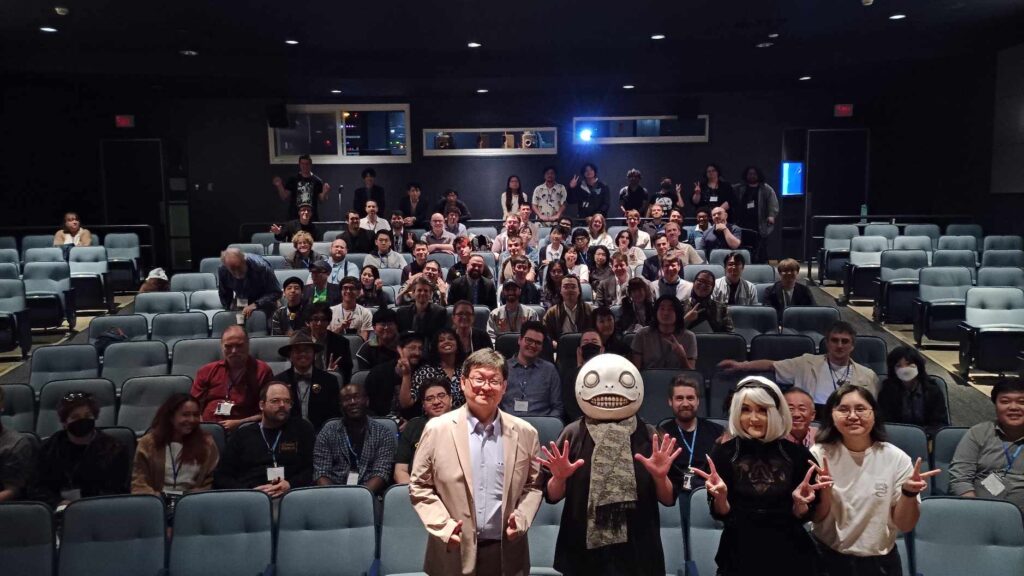
Photo (c): Akinori Nakamura, PhD
Beyond these two important keynotes, the conference has hosted presenter from all over the world, exploring research topics through panels such as “Beyond Japan: How the Essence of Japanese Digital Game Cultural Traits and Business Practices Has Influenced Asian Digital Culture”, hosted by prof. Nakamura Akinori (Ritsumeikan University), as well as explorations in video game preservation, with important considerations on the ephemeral nature of game software, as seen in the highlighting of the difficulties in preserving Mobile video games by Max Solensky (University of Southern California) and the exploration of video game players own data collecting and structuring efforts and the consensus they express by our own Luca Paolo Bruno in “Data-Based Facts and Fictions: Exploring Fan-Curated Databases on Japanese Digital Games as Ground Truth About Fan Consensus(es).” Furthermore, ongoing initiatives in data collection and structuring, such as those hosted at the University of Montreal as part of a project led by Carl Terrien were also showcases, as their methodological challenges in “Expanding Historical Perspectives. Selection Methods to Study a Large Corpus of Japanese Videogames”.
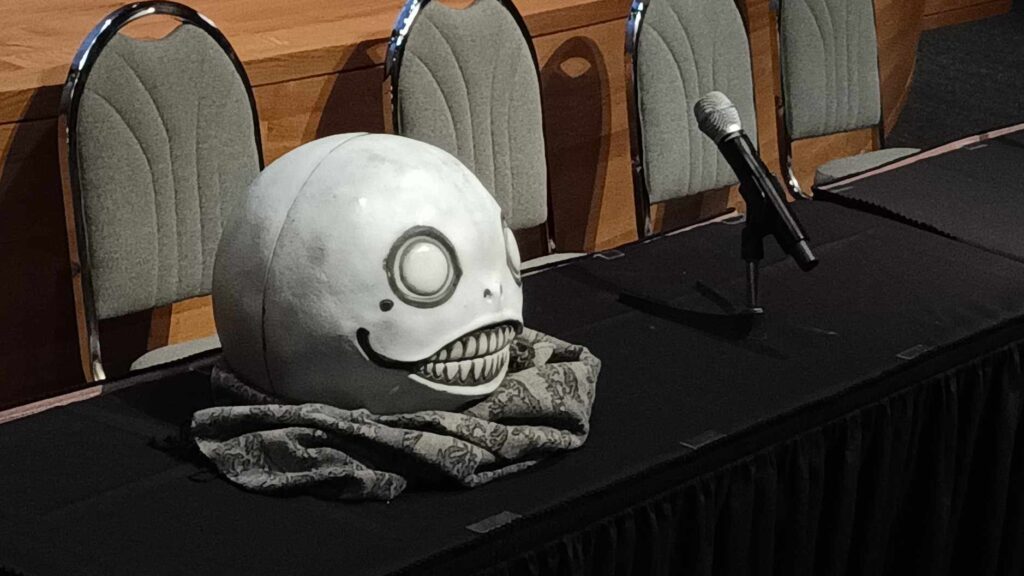
Photo (c): Akinori Nakamura, PhD
The conference was structured around two days at the University at Buffalo’s main campus, with the third jointly held at the Strong National Museum of Play in Rochester, hosting “Save the Games: A Digital Preservation Symposium”, which saw presentations and panels by game preservation specialists such as Kieran Nolan’s (Dundalk Institute of Technology) historic examination of European Computing Cultures and Ian Larson (University of California Irvine) call to “Save the Clones! The Growing Imperative to Archive Bootleg and Clone Video Game Consoles.” Finally, another presentation of note is “The Importance of Video Game Merchandise Preservation” by Justin D. Berube (Independent Researcher) which examines an apparently peripheral but instead vital aspect of digital game preservation, that of preserving their merchandise and connected artifacts.
The conference coalesced a vibrant research field, where Japanese studies combine with media, culture and technology studies, posing questions such as the nature of the ‘Japanese’ in Japanese digital games and how users may relate to it; what is required for the preservation of such digital games; how we deal with the development in new technologies such as AI in research of Japan and its video games? Finally, the conference was also noticed by local news outlets, with a news segment appearing on WIVB-TV, a Buffalo area TV network.

